Blog

Which Story Will You Feed?
For every person who says, “The education system is crumbling,” there is a teacher painstakingly researching new ways to meet the evolving needs of all their students.
For every person who says, “No one wants to go into teaching right now,” there is a student-teacher methodically testing ideas that will become tomorrow’s best practices.
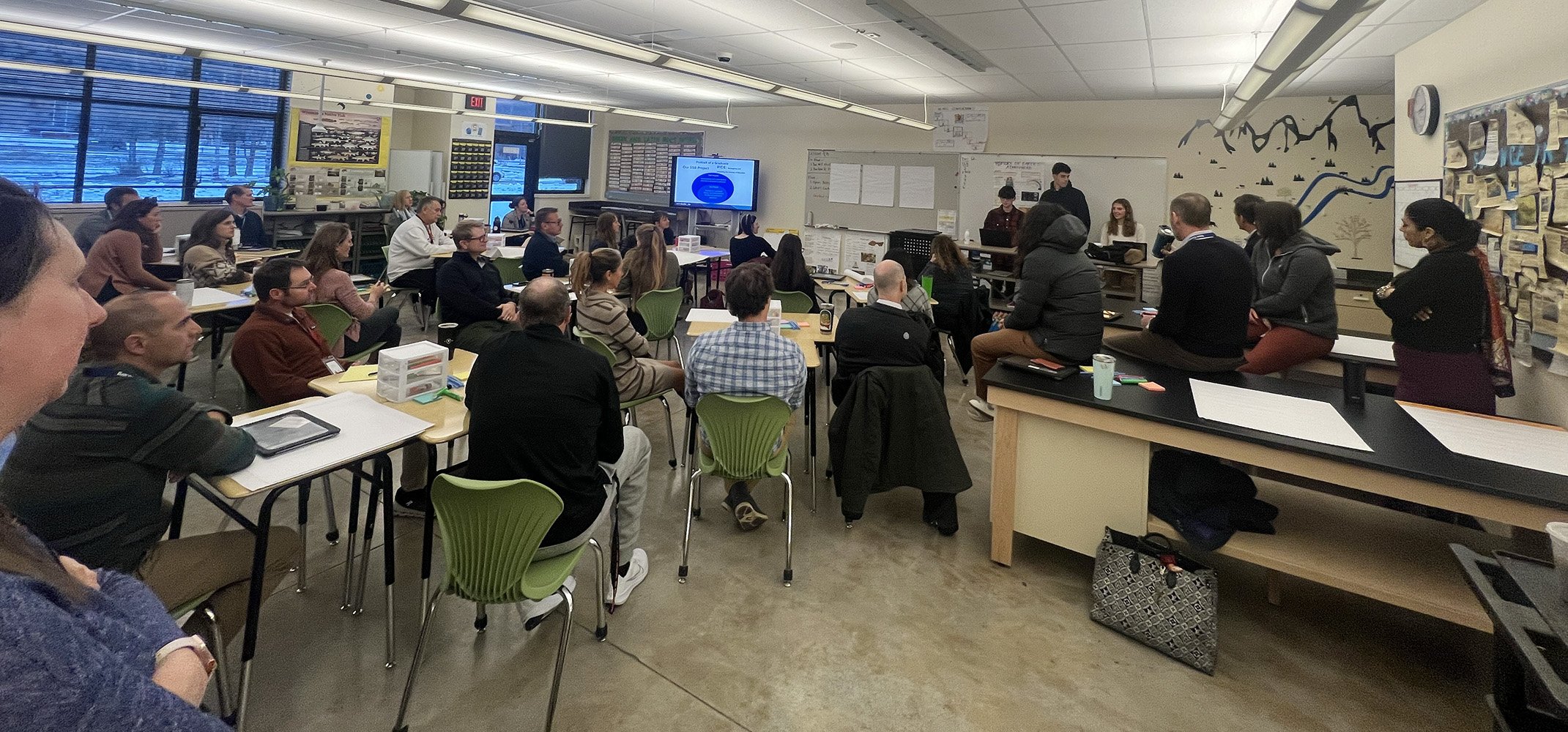
Wyoming: When Dreams Become Reality
It’s a very powerful thing when educators are allowed to dream up what they think is best for their students, even more powerful when they can turn these dreams into reality.
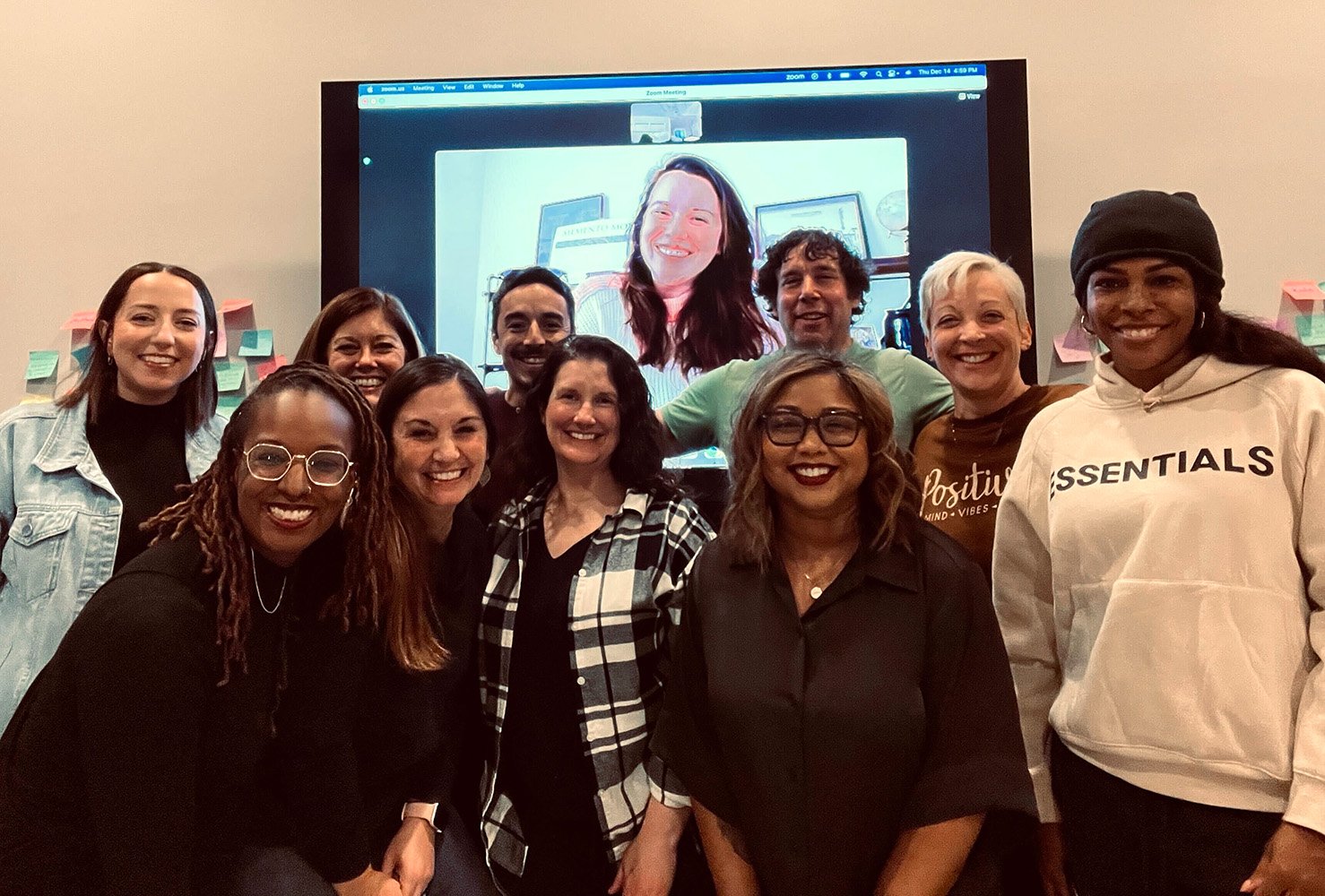
Conversations on Diversity, Equity and Inclusion
At 2Revolutions, we work to build more equitable learning environments for all learners through learner-centered pedagogies and leadership. To that end, we model and support mindsets that value all learners' identities, including their academic, developmental, cultural, and social-emotional contexts and motivations.
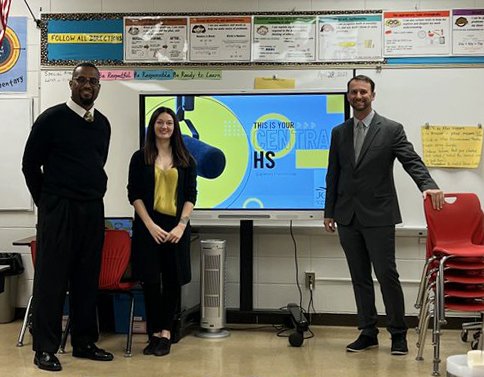
Equity-Centered Leadership Development Across Jefferson County Public Schools in Partnership with Spalding University and 2Revolutions
A transcript for conversation between Dr.Glenn Baete and Dr. Shamara Graham.

A Delicate Balance: The Choreography of Equity in the Classroom
How do we balance the demands of DEI in education with the perennial demands for education to prepare our students for a world that they can only begin to imagine? Our moral imperative as education practitioners is to provide students with an education that allows them to envision and create the society that should be, not what was.

Change is a Two-Way Street
This style of learning adopted by the public school system does not guarantee that learning is evident nor does it ensure mastery of competency of content. A collaborative approach with a focus on a learner-centered style of teaching is essential. Focusing on the student, emphasizing individual learning styles, and allowing authentic learning to happen are necessary for a learner-centered model.
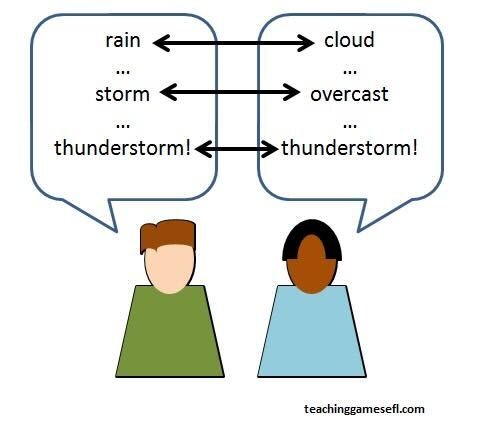
Say the Thing.
As an organization of former and current educators and leaders, we at 2Revolutions are consistently engaging in the difficult conversations and training for a constant cycle of improvement. When you are in the education world, you know there is never a point in time when you do everything exactly the right way, and when you have learned everything possible. There is always room for growth and things that need to be learned, unlearned, enhanced and changed. We all are human first and we all have flaws. A diamond with a flaw is more valuable than a brick without a flaw. What are you allowing to weigh you down? Throughout the last couple of months, a trend has emerged in our conversations, in our partner meetings, in planning for our internal development sessions, and amongst our coaching staff: that trend is where the title comes from for this piece. “Say the thing.”

We’re in a Race? Like It or Not, Yes. The State of Education in Arkansas
In 2023–whether you want to admit it or not–race still matters. Unlike gender, religion, socioeconomic status, or any other demographic identifier, the only one that can be truly "seen" (or easily assumed) is your race. It impacts what people say in conversations, how they view situations, where people choose to send their students for school, and even where they choose to worship on Sunday mornings.

The Most Important Word of the 2020s (and Maybe, the Millennium)
You will just have to read on to find out what it is.
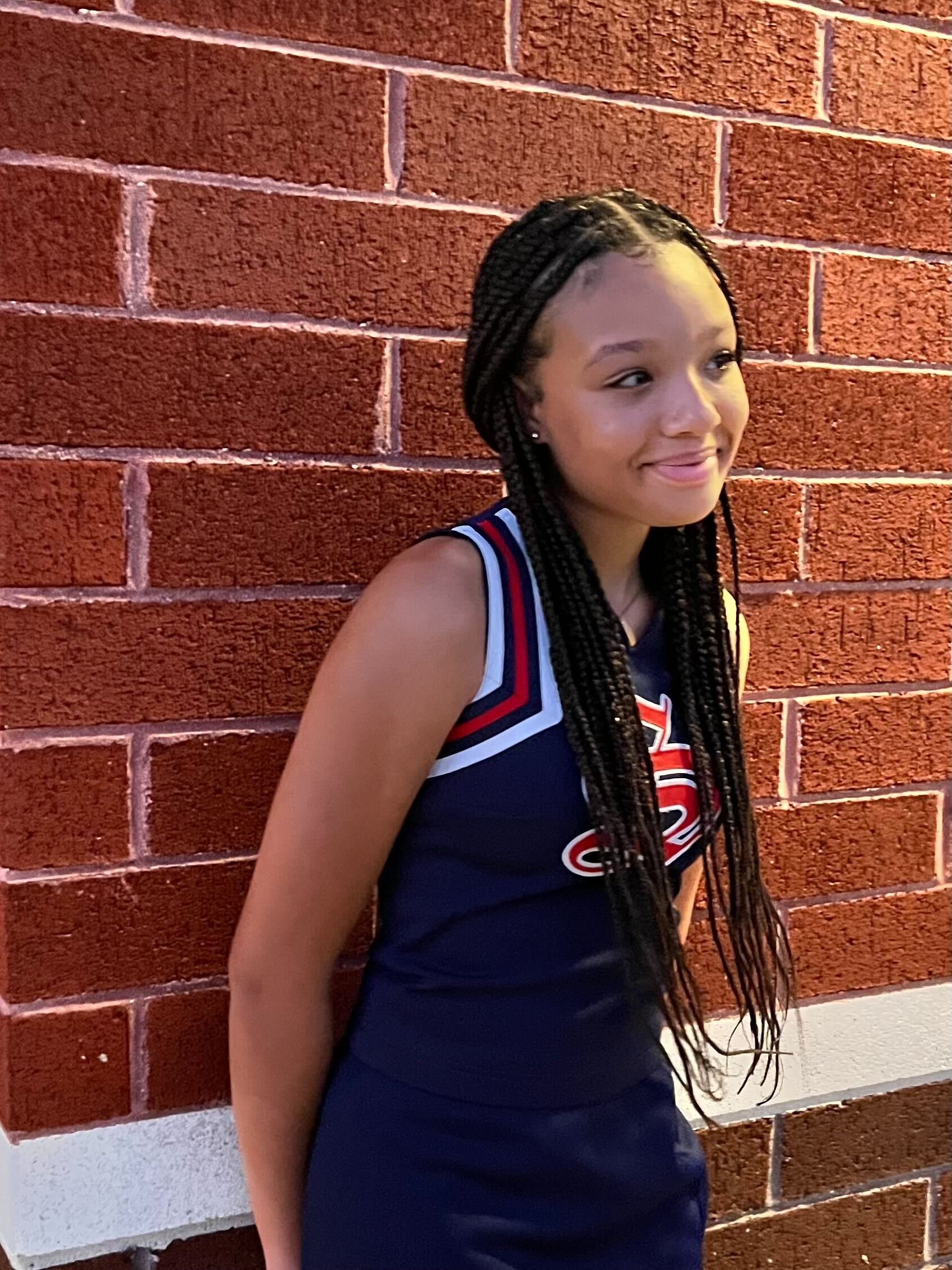
The Absencing & Reimagining of Multiracial Youth Identities in K-12 Settings
Race in America has traditionally been viewed through a monoracial lens. Hence the “one-drop rule” of hypodescent, where having one drop of black ancestry meant one was raced as black. Hence the omnipresence of the “What are you?” question. Hence the insistence of diversity experts to “view America as a ‘salad bowl’ with separate racial/ethnic contributions, view diversity from a narrow-minded American viewpoint, and rely on one critical theory - the ownership of power - that requires each race/ethnic group to be completely separate in a hierarchically oppressed system” (Baxley, 2008).

Retention & Support: Reversing the Teacher Labor Crisis in Rural States
When I arrived at the University of Wyoming in 2021, I thought I knew what it meant to work at a rural land-grant institution, having spent the previous five years at the University of Vermont, in addition to seven years at the University of Georgia and six years at the University of Hawaii. While each of these states has a unique rural character, I was quickly disabused of the notion that I understood rural. Nothing in my career up to that point prepared me for the geographic vastness of my new home state and the challenges that come with those long, unpopulated stretches of unflinchingly straight highway.

Equity Begins with Our Educators
In American public education today, there is a lot of talk about equity–we hear about diversity, equity and inclusion, about leveling the playing field, about ensuring the same high-quality opportunities for all kids. But when you dig deeper, what is actually being done in this regard? With increasing intolerance in our society as evidenced by a rise in white supremacy and acts of violence against ethnic, racial, and religious minorities, and with a larger portion of kids than at any point in modern American history accessing free and reduced lunch (a proxy for identifying people struggling against poverty), something fundamental needs to shift in how schools address this crisis.
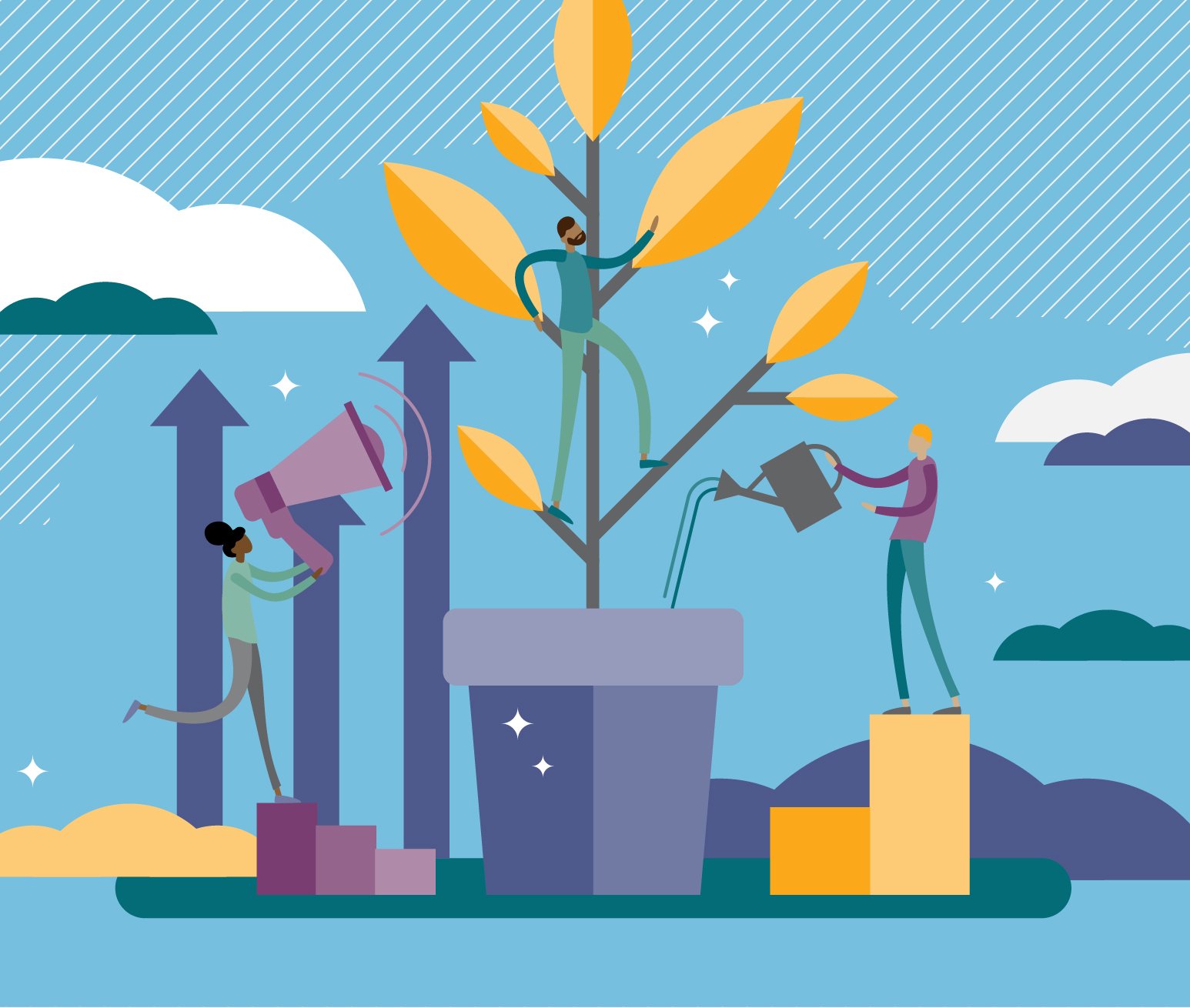

Too Long Have Others Spoken for Us: Literacy as Liberation
I knew that these were the students, and in turn the communities, who would always be left behind by a system that–due to its one-size-fits-all approach to literacy–was never designed for the success of all. So what was the alternative? I continued to grow in my knowledge and understanding of the content, began to study the Future of Learning, and was ultimately given the opportunity to dive headlong into this question when I became a member of the KIPP Wheatley National Equity Audit team.

Back to School, Huh?
Each fall, American schools open their doors to kids and adults anticipating the next chapter in their lives. For students, it’s a time of wonder and hope–wondering what the new grade or school will offer and hoping for success and for familiar faces in class.

Leading for Deeper Learning, A Series in Four Parts, Part 1: Setting the Scene
Several years ago, I had the opportunity to serve as superintendent in a Kentucky district of about 1800 students. There, with a forward-thinking school board who recognized the need for a very different kind of school experience, we began to explore.

Mindset Matters: A Prerequisite For Student Centeredness & Equity
Mindset is defined as a mental attitude or inclination (Merriam-Webster). Since 2011, I've worked in education in some capacity–whether reading to kids as a volunteer, substitute teaching, running university-wide programming, directly teaching my own students, or leading as an administrator.



